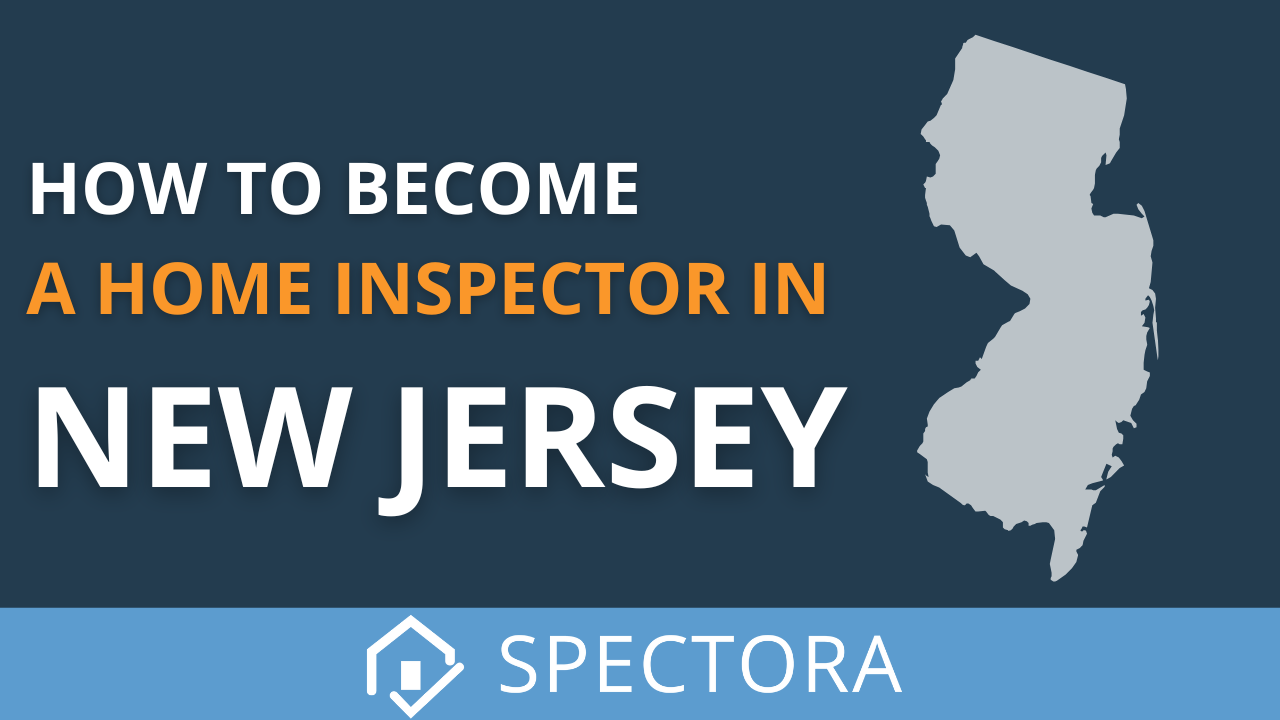How to Become a Home Inspector in New Jersey


Are you looking to become a home inspector in the Garden State? To do so, you'll need to complete licensing and training,
In New Jersey, the home inspection industry is regulated by the New Jersey Division of Consumer Affairs. What does that mean? For prospective home inspectors, it means there's a formalized process for obtaining and maintaining a home inspection license.
Here are the steps you need to take to become a home inspector in New Jersey.
The state of New Jersey requires that all home inspectors must have a high school diploma or GED. If you don't have one, you will need to obtain one before pursuing licensing.
Step 2. Complete Licensing Training
Because New Jersey regulates the home inspection industry, home inspectors must complete training to become licensed.
Inspectors in the Garden State must take 180 hours of classroom education and complete at least 40 hours of supervised inspections in the field to meet training requirements. Unfortunately, you cannot get paid for any inspections during the training process.
Yes, that's a lot of training before you begin your career, but taking a state-approved training course will provide you with the skills and knowledge you need to succeed as a home inspector.
Time to prove you retained some knowledge over your 180 hours of education; passing the National Home Inspectors Exam (NHIE) is the next step toward becoming a licensed New Jersey home inspector.
The NHIE consists of 200 questions (25 of which are not scored), and is broken up into three sections:
It costs $225 to take the exam, and while you can retake the NHIE as many times as you need to pass, you'll have to wait 30 days between attempts and pay the fee each time.
Accidents happen, no matter how careful you are. Stay protected with insurance coverage.
Even if you want to take the risk and waive coverage, you don't have the option in New Jersey; home inspectors are required to purchase errors and omissions (E&O) insurance, with a minimum amount of $500,000 per occurrence.
If you're licensed in another state and move to New Jersey, you can qualify for reciprocal licensing so long as the licensing requirements meet New Jersey's standards. Contact the New Jersey Division of Consumer Affairs to ensure your license qualifies.
Yes, every New Jersey home inspector must complete 40 hours of continuing education from state-approved coursework every two years to renew their license.
Once you've completed the licensing process and met insurance requirements, it's time to start working as a home inspector. Decide whether you want to:
There are clear pros and cons to both options. At the end of the day, it's a question of whether or not you want to own or run your own business.